Weeknotes 262 - shopping mundane intelligence to avoid frictions
Notions from the news on AI (a lot), robotics, phygital and other concepts. And connecting the latest from GPTs and Ruliad and the impact on our frictionless futures.

Hi, y’all!
I’m very pleased with the program of TH/NGS 2023 getting filled with great sessions and projects. This part of curating an event is a great phase. Check out and keep up-to-date here. Also, starting two projects to help develop policies and programs to connect creative industries and society; very rewarding. Maybe more on that in later newsletters; it will be a busy end of year…
Triggered thoughts
OpenAI had a DevDay opening keynote by Sam Altman last evening (watch it here). Next to more open APIs and lower costs, the introduction of so-called GPTs as a revenue-sharing app store (where did we see that before) is interesting and powerful. It is a way to create conversational capabilities in all, the mundane GPT that is the prediction for the future, already coming now. And the biggest impact might be that you don’t need to code to create these generative services; plain conversational language is enough.
It can also be connected with the thinking of Stephen Wolfram, who published a transcript of a very rich TED-talk (TEDAI to be precise, AI is everywhere) explaining his view of the world as a ruliad; built up from computational models. We know the vision by Wolfram, and I have been sharing earlier presentations and writings in this newsletter, but is seems to culminate in the AI wave. “building up what I call the ruliad: the deeply abstract but unique object that is the entangled limit of all possible computational processes”.
As he noticed; “The big achievements of AI in recent times have been about making systems that are closely aligned with us humans”.
We are still at the beginning of that process. It is a returning thought I tried to write down during the workshop a couple of weeks ago, looking 20 years into the future. We are entering a new phase in our relationship with technology. The internet has brought us new ways of connecting, new forms of information and interacting with services, and it has brought us an overload of impulses to deal with. Now, we are shaping a reality that we delegate dealing with these impulses to the AIs that become more and more our personal buddies, our twins that we use to deal with the increased complexity. We might rely too much on this, losing connection with ourselves as we remove all friction from our day-to-day living, which is an unintended consequence. Or we can master the co-performance and grow into healthy relations.
Wolfram's thinking is valuable for that, as he is creating tools to understand the computational principles we will partner with. It can give us the friction that might get lost with the approach of the GPTs op OpenAI…

Events
- 9 November, Amsterdam - World Usability Day - Is that still a topic for a conference?
- 9 November, Amsterdam - Debrief Dutch Design Week acc Speculative Futures
- 9 November, Rotterdam - Inclusive design - The Designer Meetup Rotterdam
- 16 November - Online - IFTF Foresight Talks: Dreams and Disruptions: Gamification for the Future
- 16 November - Amsterdam - https://rechtvaardige-stad.event-hva.nl/
- 17 November - Amsterdam - AI for Good on Machine Learning Labor
Notions from the news
Well, some of the hot news on AI has already been mentioned above, including another new introduction of OpenAI. The other players try to keep up.
The Elon also is entering the AI battles (again) by introducing a installment of xAI: Gork. Promising real-time data, efficiency and humour. Or better indeed; ‘humour’.
Regulation was a big theme last week. We had Biden signing an Executive Order that generated a lot of thought. And a summit on the future of AI in the UK created a policy paper signed by 28 countries.

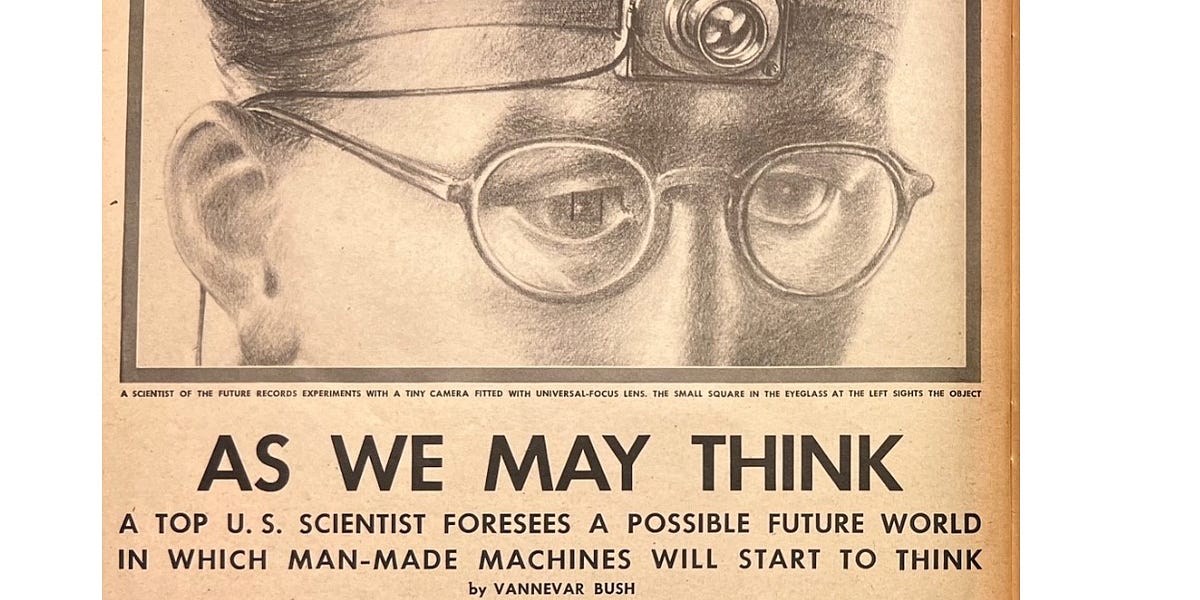

In the meantime, countries will build their national language models, like the Netherlands

Thoughts on the state of open source and AI risk. Will open source be the winner, indeed?

GenAI could wreck the web. On another level the model collapse.
As an offset of our automated living the strategy of Figma bringing creativity tooling to the masses makes sense. These tools are not new of course (Vine, TikTok, to name a few)
More on the defrictionising by AI: “The genius of AI lies in a literally infinite capacity for taking pains”

And mundane AI is enabled by Microsoft’s small AI models
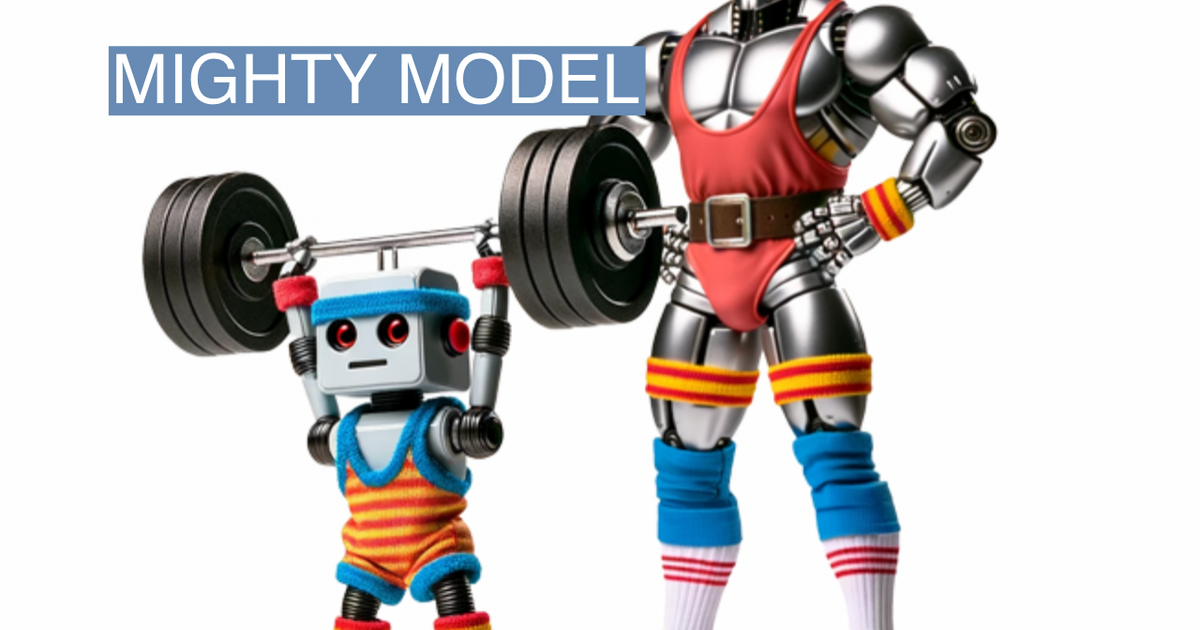
Living with AI will generate some problems of course along the road.

Apps are not the main operators anymore in the near future, maybe. Chat and other conversational forms might take over. It's not a surprise Apple is heavenly investing in generative AI too. A side note, a couple of years ago, we thought the Alexa’s would take over interaction with services, and that did not happen. But it is likely that it just was too early.
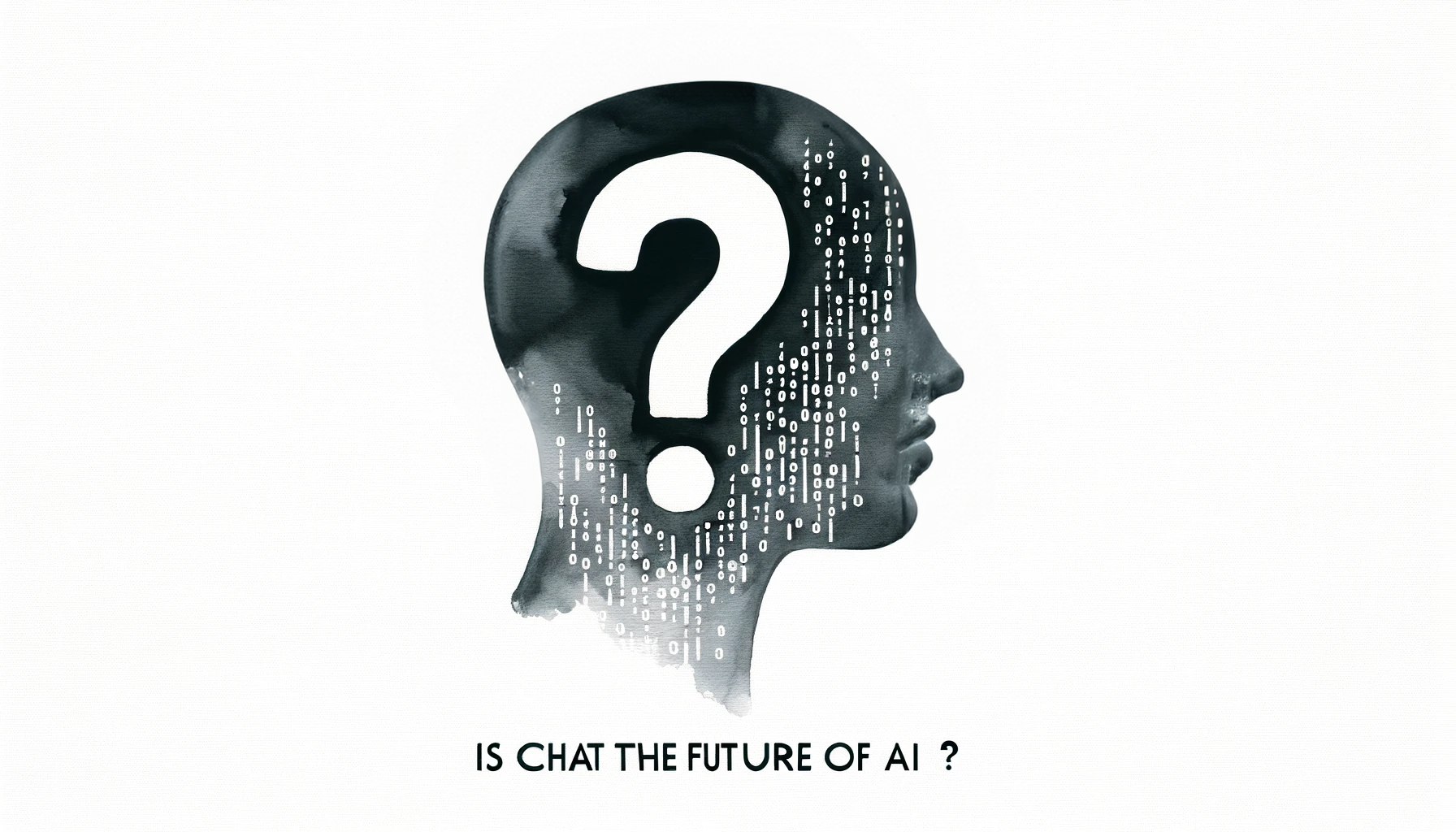
Play the system, the camera system in this case, with fashion.

In the end, deep neural networks have their own perception.
Artificial intelligence or artificial intuition. In the current hallucination generative tools, it might be safer to use that notice.

Some new AI assistants and other short links by Google for merchants, Amazon did this under water, Claude PDF analyser tested, Brave introduces Leo, a GPT indoor camera, Instagram AI friend, Midjourney new style tuner, Runway Gen 2, two prompting strategies,
Phygital and robots
The pure digital life is a fad. “Physical objects are the exhaust that digital activity gives off”
Is the new iPhone button control an indication of the next spatial design-based iOS?
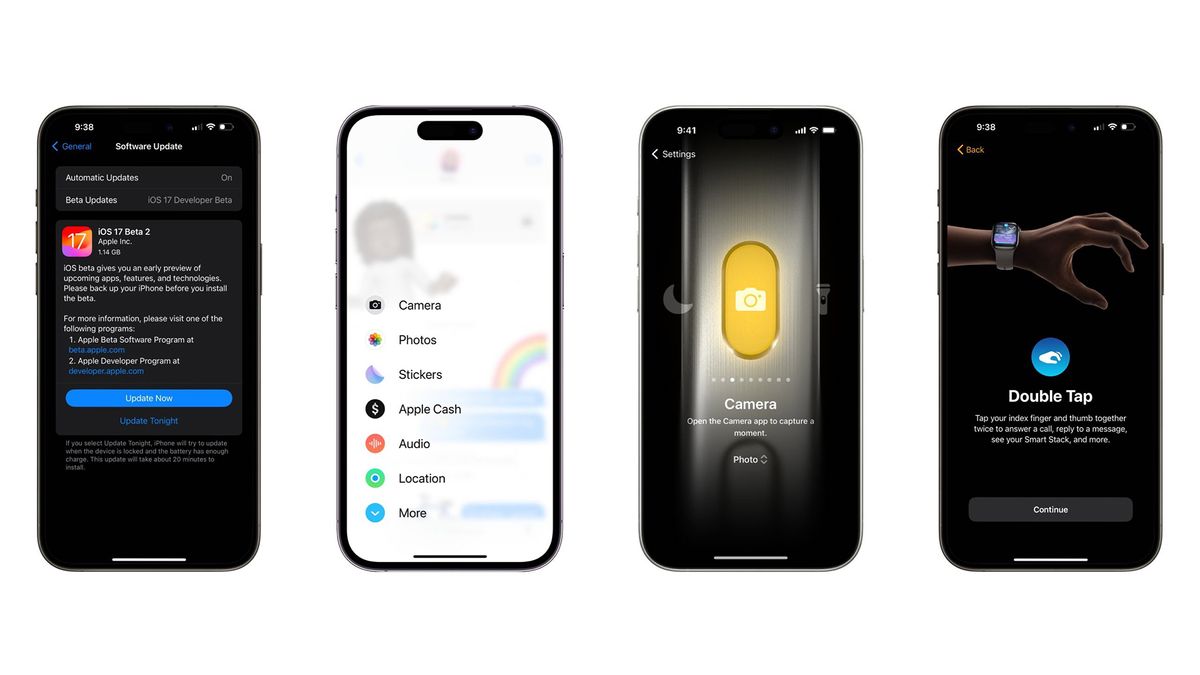
The robots are becoming increasingly integrated with the new intelligent buddies, we see also this week.
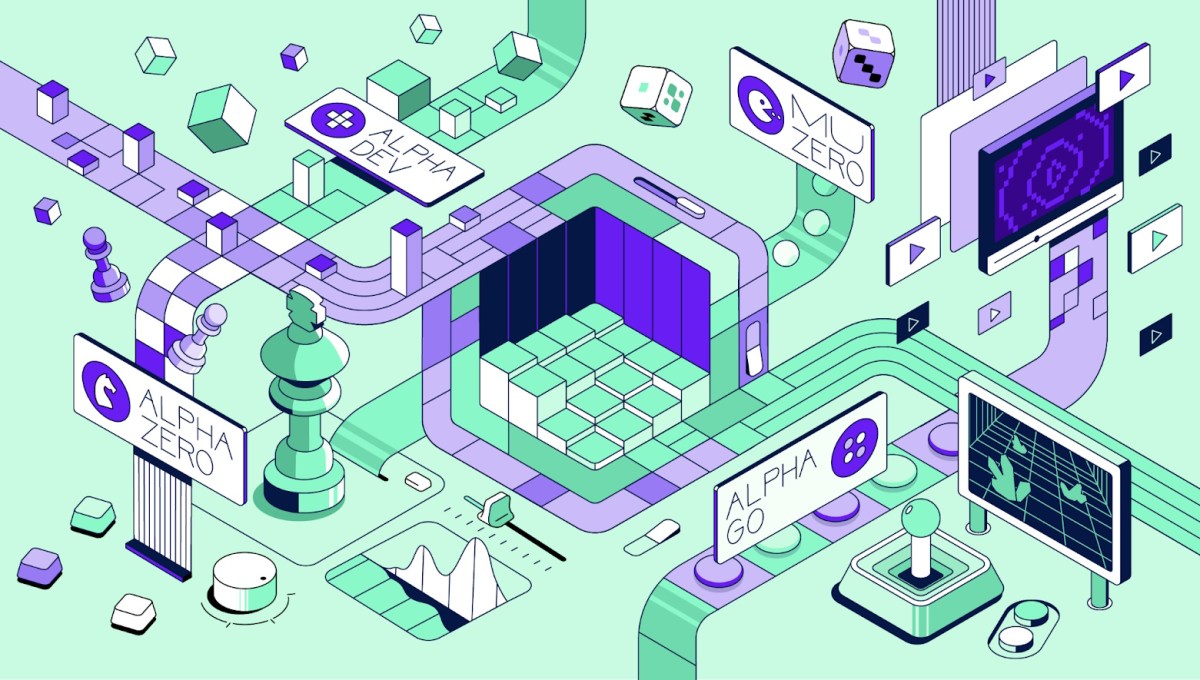
A handsfree wheelchair. And 10 robotic stories from October.
Autonomous
This research of Frog on ‘Beyond the Vehicle’ looks promising to dive into, even though the takeaways seem a bit predictable. A PDF.
Rethinking driverless cars as semi-autonomous centaurs

The most visible and operational self-driving taxi service has some pushbacks. Meanwhile, new players are entering the market.
/cdn.vox-cdn.com/uploads/chorus_asset/file/25061892/1744191901.jpg)
2024
Expect the prediction posts popping up in the coming weeks. Or maybe more of the questions for 2024…

Paper for this week
Going through the longlist, I am not sure this one has been covered already. Inducing anxiety in large language models increases exploration and bias
Also I wonder if this type of specific tool-based research remains relevant. Still, the concept of designing for a certain type of behavioral approach within the models feels very relevant to create the right amount of friction in the end.
Our results show that GPT-3.5 responds robustly to a common anxiety questionnaire, producing higher anxiety scores than human subjects. Moreover, GPT-3.5's responses can be predictably changed by using emotion-inducing prompts. Emotion-induction not only influences GPT-3.5's behavior in a cognitive task measuring exploratory decision-making but also influences its behavior in a previously-established task measuring biases such as racism and ableism.
Coda-Forno, J., Witte, K., Jagadish, A. K., Binz, M., Akata, Z., & Schulz, E. (2023). Inducing anxiety in large language models increases exploration and bias.
https://doi.org/10.48550/arXiv.2304.11111
See y’all next week!
I hope this was not too long; news seems to be piling up; let’s see what brings the coming week. Don’t forget to check out TH/NGS 2023! 🙂













